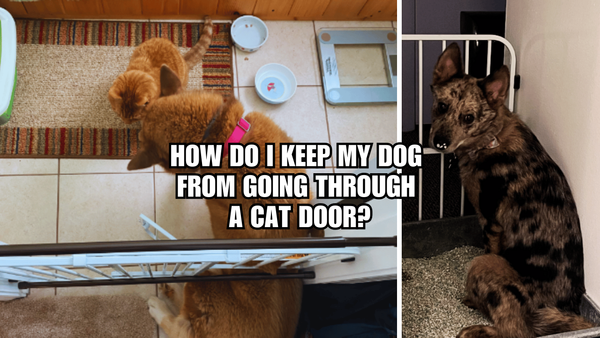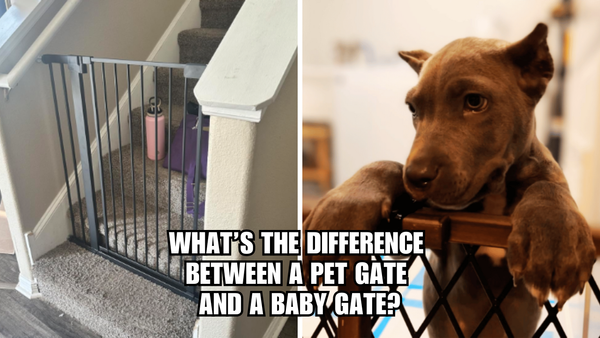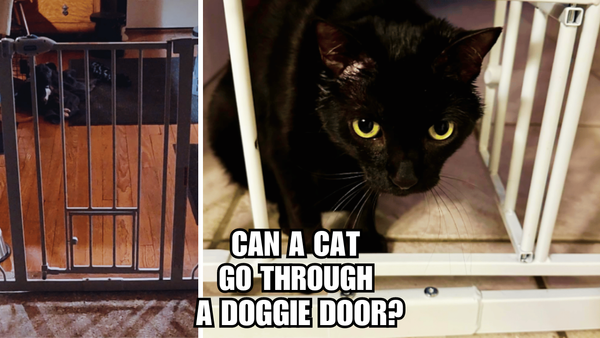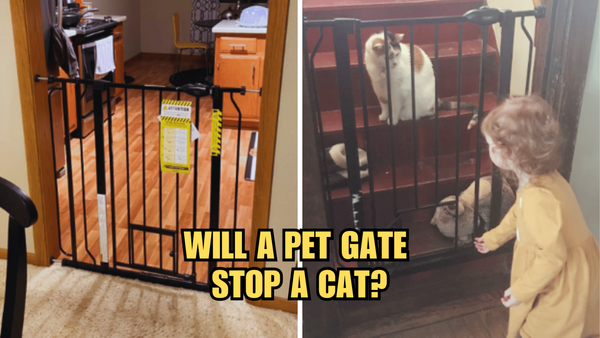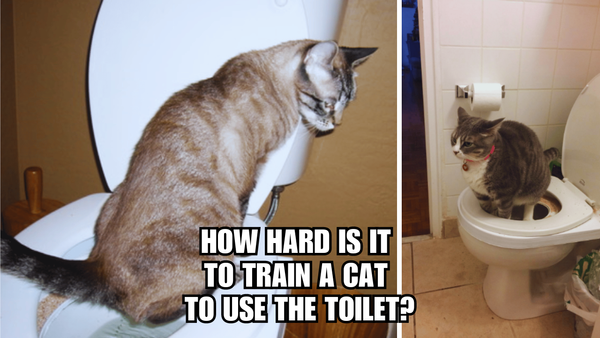Are you a cat owner who has recently taken their furry friend for a surgical procedure? If so, you may be wondering one question: How long does it take for a cat incision to heal?
This topic is essential to understand so that you can ensure proper care for your feline companion during recovery. In this article, we will explore everything related to cat incisions, from understanding the healing process to identifying potential complications that may arise.
Whether you're a first-time cat owner or are looking to sharpen your knowledge, this article is the perfect resource for you. Let's dive in and start your journey towards informed cat care.
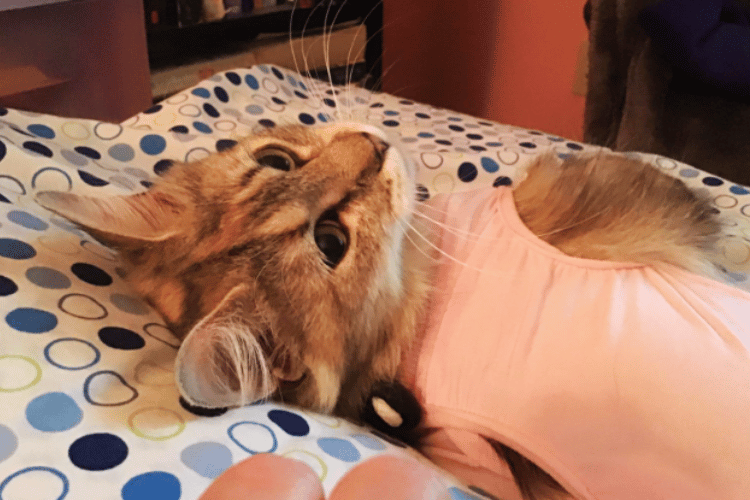
Understanding the healing process of cat incisions
Cats may require incisions for various purposes such as surgery, wound treatment, etc. After an incision is made, it is important to monitor the cat's healing progress to ensure that it heals properly.
Understanding the healing process of cat incisions can help pet owners take better care of their feline friends during the recovery phase.
The length of time it takes for a cat incision to heal depends on various factors such as the size of the incision, its location, the type of surgery or injury, the overall health and immunity of the cat, and the level of care provided during the recovery period.
Generally, a cat incision takes around 10 to 14 days to heal completely. During the first few days after the incision, the wound will appear fresh and reddish. This is because the cat’s body is attempting to stop bleeding at the site of the incision.
In the next couple of days, the wound will begin to scab over, and this scab is intended to keep the incision site clean and prevent any further bleeding.
Over the following few days, the scab will fall off, revealing the flesh beneath. During this time, pet owners must keep an eye on the incision to ensure there is no sign of infection.
Look for signs of redness, swelling, or discharge. These symptoms will require veterinary assistance.
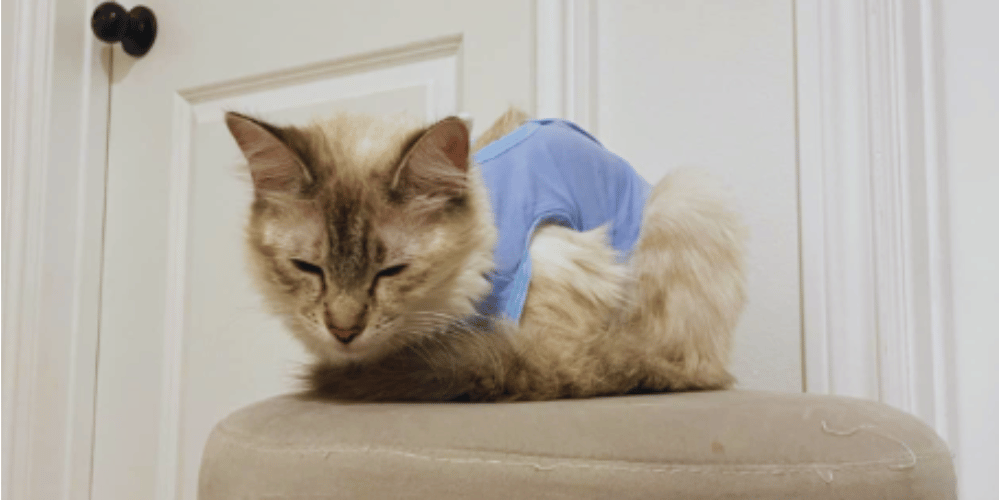
In most cases, after the incision has developed a healthy, new layer of skin, it will be time to remove the sutures or staples placed at the time of surgery. Some surgeries may require longer timeframes for healing, which your vet will advise you about.
Pet owners must follow any aftercare instructions provided by the vet. This may include keeping the cat indoors, giving them medication, preventing them from grooming too much, etc.
It is vital to keep the incision site clean and dry and to prevent the cat from licking or biting the incision area. An Elizabethan collar or “cone of shame” can be used to prevent these actions during the healing process.
To promote faster healing, feeding your cat a healthy diet that is rich in protein is ideal. Pet owners may also apply a warm compress to the incision site, as per the vet's recommendation, to help soothe any discomfort the cat may be experiencing.
In conclusion, the healing process for cat incisions can take up to two weeks for complete healing. The length of healing time depends on a range of factors.
During this time, it is crucial to follow the vet’s aftercare instructions and monitor the cat’s incision site for signs of infection. By taking good care of your cat during this time, you can help ensure a speedy recovery.
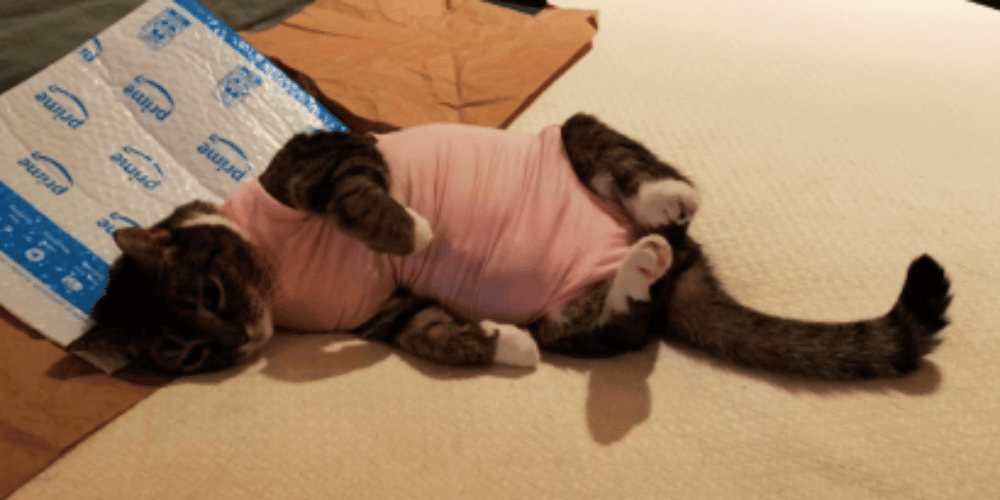
FAQs How long does it take for a cat incision to heal?
It can be hard to know how long it will take for a cat incision to heal, especially if you're a first-time pet owner. You want to make sure your cat is comfortable and healing properly, but you don't know how long it will take.
We've compiled a list of the most frequently asked questions about cat incision healing so you can know more about the process. From the type of stitches used to the length of time it takes for the incision to heal, we've got you covered.
With this information, you can make sure your cat is healing properly and comfortably.
How long does it typically take for a cat's incision to heal?
The healing time for a cat's incision can vary depending on several factors, such as the type of surgery and the overall health of the cat. In general, most incisions take about 10 to 14 days to heal. However, it's important to note that each cat is unique, so the healing process may differ.
What should I expect during the healing process?
During the healing process, you may notice some swelling, redness, or mild discharge around the incision site. This is normal and part of the body's natural healing response. It's important to keep the incision clean and dry to prevent infection. Your veterinarian may provide you with specific instructions on wound care, including any necessary medication.
How can I help my cat heal faster?
To aid in the healing process, make sure your cat has a clean and comfortable environment. Keep them from licking or scratching the incision by using an Elizabethan collar or a special bandage. Follow any dietary restrictions or medication instructions provided by your veterinarian, as proper nutrition and medication can promote faster healing.
How can I help my cat heal faster?
To aid in the healing process, make sure your cat has a clean and comfortable environment. Keep them from licking or scratching the incision by using an Elizabethan collar or a special bandage. Follow any dietary restrictions or medication instructions provided by your veterinarian, as proper nutrition and medication can promote faster healing.
When should I be concerned and seek further medical attention?
While some swelling, redness, and discharge are normal during the healing process, there are certain signs to watch for that may indicate a problem. If you notice excessive bleeding, pus-like discharge, foul odor, or increased pain, or if your cat seems unusually lethargic or refuses to eat, it's important to contact your veterinarian for further evaluation.
Can I speed up the healing process with home remedies?
It's generally recommended to follow your veterinarian's instructions and avoid using home remedies without their guidance. While some natural remedies may help with wound healing, it's best to consult with your vet first. They can provide specific advice tailored to your cat's situation and ensure the best possible outcome.
We hope this article has given you the information you need to understand the healing process of a cat incision. Proper care and attention should be given to ensure your cat's incision heals properly and quickly.
Keep in mind that the healing process may vary depending on the type of incision and the overall health of your cat.
If you're concerned about your cat's incision healing process, make sure to reach out to your veterinarian for more advice and guidance. With their expertise, you can be sure that your cat's incision will heal properly and quickly.
Thank you for visiting LegitLists we hope this helps you make a legitimate choice!


